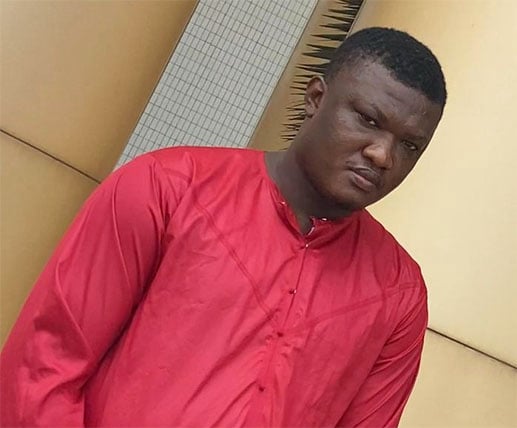The impending trial of Richard Appiah, a draughtsman accused of the gruesome murder of two young boys in Abesim, near Sunyani, Bono Region, Ghana, is scheduled to commence on May 26th, 2025. Appiah stands accused of killing 15-year-old Stephen Boateng and his own 12-year-old step-brother, Louis Agyemang, and storing their dismembered bodies in a refrigerator. The case, which has been pending since August 2023, will be heard before a seven-member jury in the High Court of Accra. The previous jury was discharged due to scheduling conflicts, leading to the current delay. Justice Ruby Aryeetey will preside over the proceedings, aiming for an expedited resolution by holding daily sessions once the jury is empaneled. The prosecution intends to present four witnesses, two of whom will testify in Twi and two in English. Should the prosecution’s case prove sufficiently compelling, the accused, who has pleaded not guilty and is currently in custody, will testify in English in his defense. A case management conference and jury selection are slated for May 14th, 2025.
Richard Appiah faces two counts of murder related to the horrific deaths of the two minors. Following a period of medical treatment for a mental episode, he was deemed fit to stand trial. The former Attorney General recommended the murder charges based on the evidence gathered. The prosecution’s case rests on a body of evidence detailed in the Bill of Indictment filed on May 31st, 2023. This evidence includes multiple caution statements taken from the accused on August 21st, August 23rd, and September 10th, 2021, as well as autopsy reports for both victims dated December 16th, 2022, and May 25th, 2023, respectively. Further bolstering their case, the prosecution will present photographic evidence of the dismembered remains of Stephen Sarpong, partially burned clothing, slippers, and the refrigerator containing the body parts. A charge statement dated November 10th, 2022, will also be presented.
The investigation into the murders uncovered a chilling narrative. Appiah is believed to have gained the trust of his victims through acts of kindness, such as cooking for them and feigning affection. This deceptive display of care allegedly allowed him to lure the boys and subsequently murder them. Initially, he denied any knowledge of Louis Agyemang’s disappearance, adding another layer of deception to the horrific crime. A crucial discovery in the investigation was the location where Appiah had buried the victims’ intestines on a cocoa farm in Abesim. The police exhumed the remains for forensic analysis and also recovered a sharp cutlass believed to be the murder weapon.
The police investigation, led by the Criminal Investigation Department (CID) Headquarters team, meticulously examined various locations, including a septic tank and other areas of interest, in their pursuit of evidence. The discovery of the buried intestines marked a significant breakthrough in the case, providing crucial physical evidence. The police statement, released by ACP Kwesi Ofori, Acting Director-General of Public Affairs, detailed the meticulous efforts undertaken to secure the crime scene and gather forensic evidence. This systematic approach highlights the commitment of law enforcement to ensure a thorough and comprehensive investigation.
The upcoming trial promises to be a complex legal proceeding, grappling with the disturbing details of this double homicide. The court will carefully consider the evidence presented by the prosecution, including witness testimonies, forensic analysis, and photographic documentation. Appiah’s defense strategy remains to be seen, but his initial plea of not guilty suggests a denial of the charges. The court’s ultimate decision will hinge on the strength of the prosecution’s case and the persuasiveness of the defense’s arguments. The case has understandably generated significant public interest and concern, given the young age of the victims and the horrific nature of the crimes.
The trial of Richard Appiah underscores the critical importance of a robust and effective criminal justice system. The meticulous efforts of the investigating team to gather evidence, the careful preservation of the chain of custody, and the adherence to due process will be crucial factors in ensuring a fair trial. The outcome of this case will not only determine the fate of the accused but also send a message about accountability and the pursuit of justice in Ghana. The community of Abesim and the nation as a whole await the court’s verdict, hoping for a resolution that brings closure to the families of the victims and reinforces public trust in the legal system.














